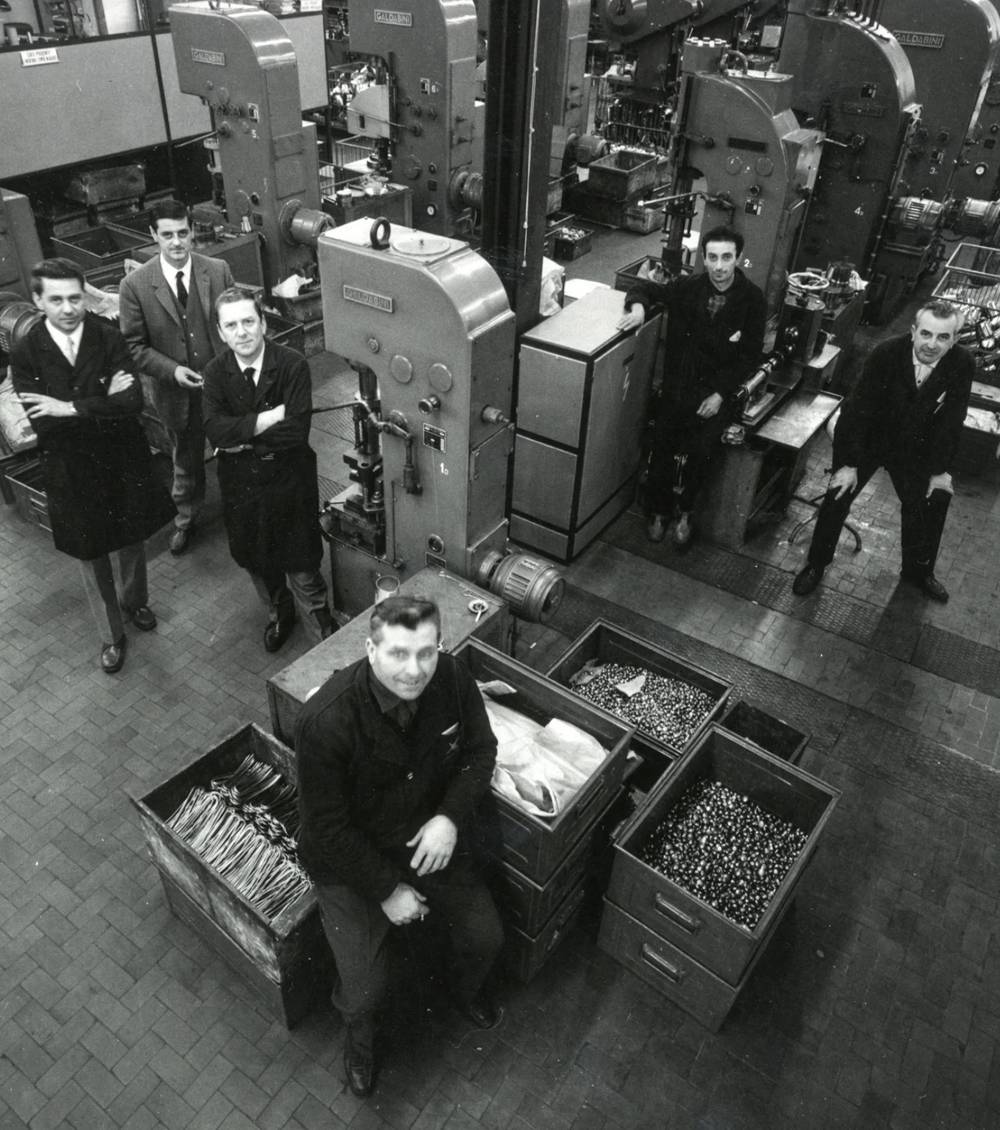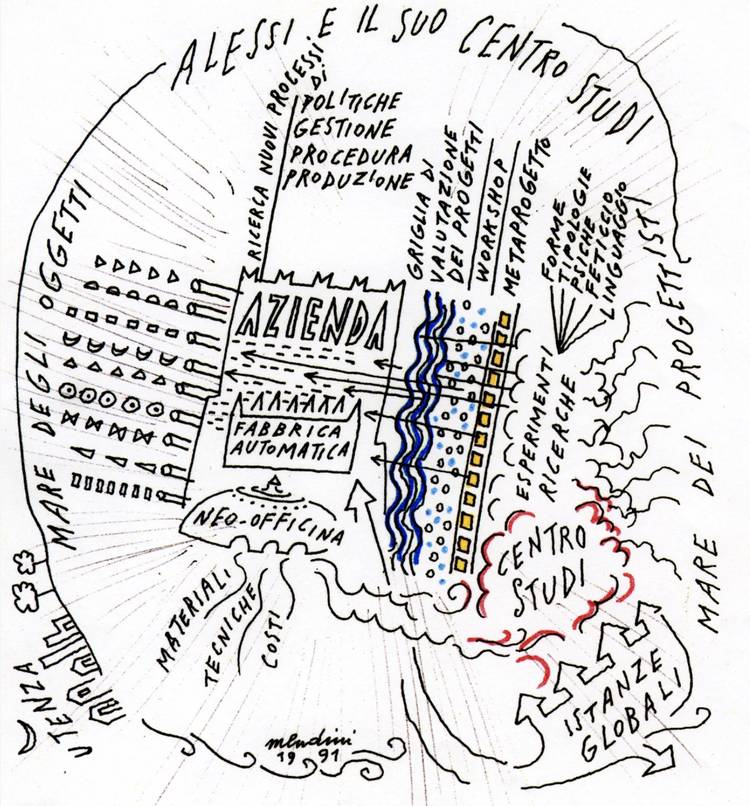In Aldo Rossi’s designs there is an evident relationship (often ironic, always clarifying) between the design object and built architecture.
Designed in 1988 La Cupola espresso moka pot became an instant success in Italy, a true timeless classic.
Designed to be easily available for everyone, this beautiful yet functional coffee maker is a small table architecture with a dome-shaped top (cupola means dome in Italian).
Many great espresso brews later, this moka pot represents a contemporary industrial design icon and a popular piece in many contemporary kitchens.

Born in Milan, Aldo Rossi (1931-1997) is considered by many to be the greatest Italian architect of the second half of the 20th century.
He studied architecture at the Politecnico di Milano, and his life as an architect started with Ignazio Gardella in 1956, moving on afterwards to the studio of Marco Zanuso.
An author of abstraction, reduction and brevitas, his severe language of primary shapes, geometrical patterns and silent evocation created some of the most intensely poetic works of architecture and design in his age.
He was one of the leading exponents of the postmodern movement, and the first Italian to receive the Pritzker Prize for architecture.


Making the ordinary extraordinary. Creating everyday objects that are interesting and desirable, where aesthetics, functionality and quality find their balance in a cultural and emotional dimension that charms and surprises.
Since 1921, the year in which the firm was established, most Alessi objects have been created via cold processing of the metals and, even today, are still made in Italy by highly skilled craftsmen at the factory in Crusinallo, Omegna.
In recent decades, Alessi has also included many other materials in its catalogue, such as wood, porcelain, glass, plastic, etc. Strict quality standards are applied to each of them, with constant mediation between the technological complexity of industrial production and the attention to details typical of craftsmanship.

Alessi is not a production industry in the traditional sense, but a sort of laboratory of industrial research into applied arts. Open to change and to international development, the company is also deeply rooted in tradition and in the cultural background of its territory: Alessi continues to be synonymous with artisan products made with the help of machinery.
Since its establishment, Alessi has gradually evolved, becoming a leading exponent of the “Factories of Italian design”, capable of mediating between the most interesting expressions of international creativity and the public, society and the market. Its mission is to translate these creative expressions into real objects capable of fulfilling dreams and satisfying the public’s desires.




